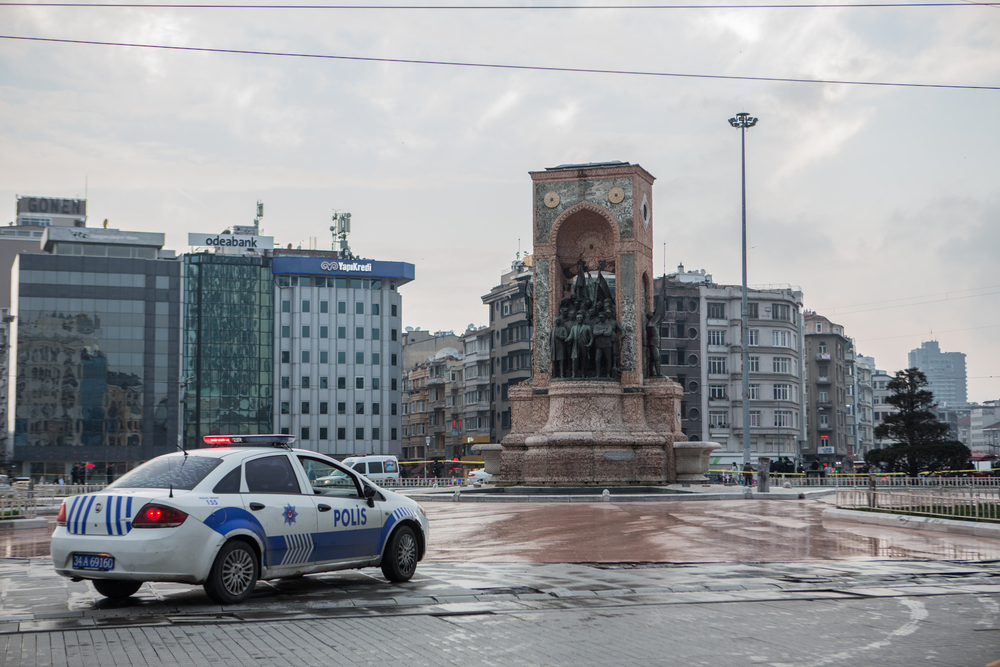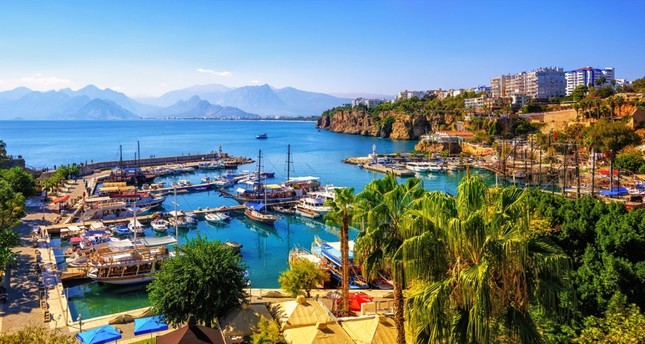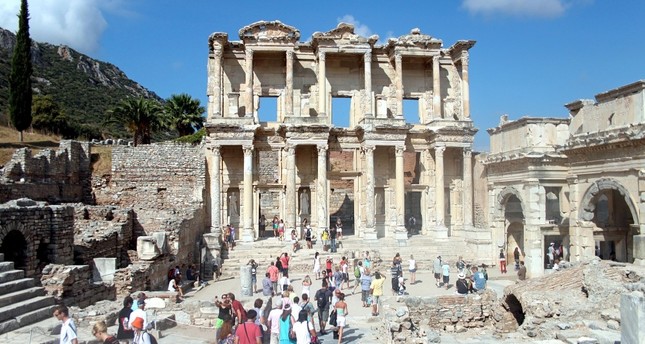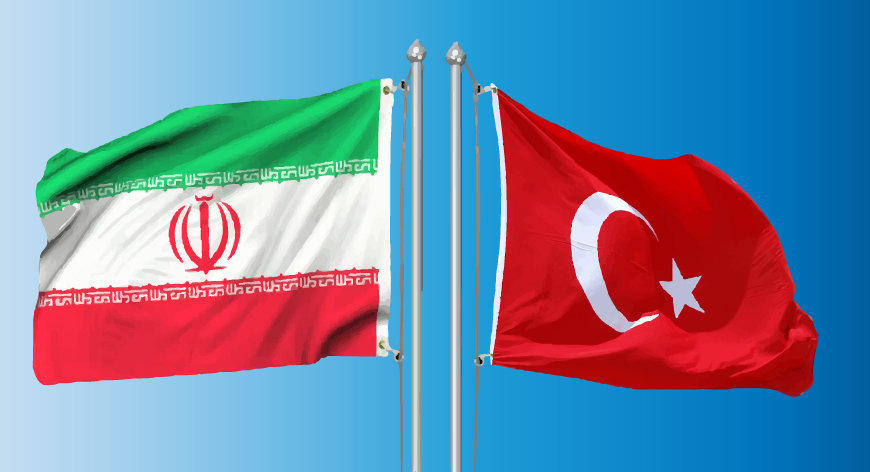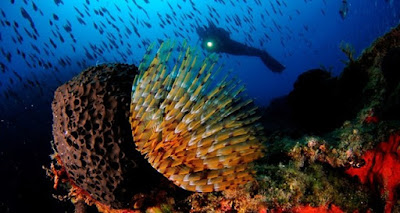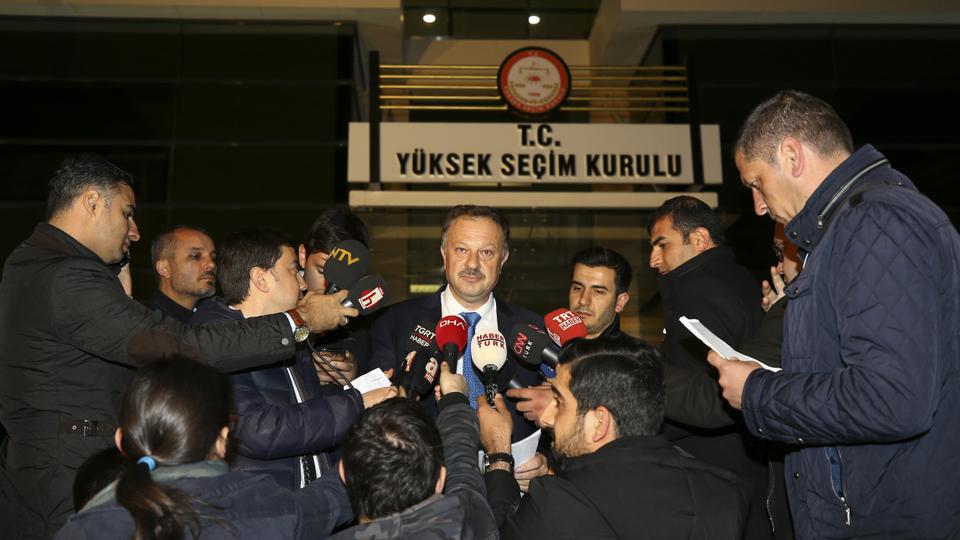Turkey is eyeing a bigger share in sports tourism with the addition of athlete-friendly luxury facilities with this tourism branch growing across the globe. While the interest of countries in many sports such as football, basketball, golf and tennis vary by their potential, billions of dollars are spent in the sector every year worldwide. The volume of sports tourism in the world has reached $200 billion, according to Sports Tourism Association Chairman Recep Şamil Yaşacan, who said Turkey has received only a small piece of the $1 billion pie. Turkey has seen an increase in occupancy rates, not only due to a recovery in the number of incoming visitors, but also thanks to the various sports events it has hosted in recent years.
For instance, with international professional tennis tournaments organized in the country's holiday resort Antalya over the last 10 years, the city is now preferred by some 20,000 professionals each year as well as senior tennis players, boosting the region's foreign exchange influx, according to Turkey Tennis Federation Chairman Cengiz Durmuş, who said around 40,000 athletes, mostly tennis players, visit the city annually.
Often called Turkey's tourism capital, Antalya has become a center for international sports clubs in the last five years thanks to investments made in new facilities and infrastructure, and continues to receive reservations, though it is aiming for a bigger slice of the sports tourism pie, according to Antalya Governor Münir Karaloğlu.
Due to the favorable climatic conditions, infrastructure and location, Antalya is the most preferred destination among clubs.
Sports tourism is a very important sector for Antalya, according to the city's governor. "Antalya attracts a big share, especially during the clubs' winter camps. There was a bit of hesitance last year, but this year many teams from the Middle East, Russia and Europe will hold their camps in Antalya. There have been a substantial amount of reservations already. This means that the winter months will be better than last year. However, Antalya has to attract a bigger share of sports tourism. We have opportunities; we have facilities; our hotels are high quality; we have football fields and tennis courts as well as golf courses. The golf courses in Antalya are world class. The Turkish Airlines Open tournament ended last week. We organized the Antalya Open for the first time last year and this year, we will organize the second," Karaloğlu explained.
Contrary to the widespread idea that football ranks first in sports tourism, Yaşacan noted that it actually ranks second after golf.
He also emphasized tourists coming for sports tourism spend much more than other tourists. "Tourists coming for holidays spend around $500-$600 during their stay in the country, while sports tourists spend around $2,000."
FACILITIES WELL EQUIPPED
TO HOST BIG EVENTS
When asked whether Turkey is on the route of foreign sports teams, Yaşacan said: "Of course it is. The highest demand comes from the Commonwealth of Independent States [Russia, Belarus, Ukraine, Kazakhstan, Armenia, Azerbaijan, Moldova, Uzbekistan, Georgia, Turkmenistan, Kyrgyzstan and Tajikistan], the second highest comes from the Balkan countries, and the third comes from Central and Northern European countries."
He remarked that compared to 2017, a 30 percent increase is expected this year in sports tourism. "Sports tourism in 2017 was $600 million. As for this year, it is expected to be around $1 billion. We hope to approach the figures of 2015, which was the best year."
Speaking of the deficiencies in sports tourism, Yaşacan said there was a need for bigger government support and that further investments should be made in new facilities.
When asked whether Turkey has a sufficient infrastructure to handle big organizations such as the World Cup, Yaşacan said: "The infrastructure for any sports event is basically ready in terms of climate, facility, accommodation and logistics. Investments would need to be made to support some places where there is a lack of facilities."
On the other hand, Durmuş said he does not think Turkey lacks facilities.
"I think we should do something about the sense of perception. It's necessary to explain that Antalya is the city with the best climate, location and numerous courts. Promotion should be made in this direction. It may also contribute to the promotion of our country by bringing world-renowned athletes such as Roger Federer and Rafael Nadal to the ATP 250 Antalya Open Tournament. Encouraging four or five year-round international tennis academies to open branches in Antalya and bring sports and tennis players from all over the world for both sports and education will make our country a sports center. New courts should be built and the quality of the existing courts should be increased," Durmuş explained.
TENNIS COULD BRING IN
$1.2 BILLION ANNUALLY
Hotels in Antalya have made massive investments to promote sports tourism, according to Durmuş, who also noted the world-class golf and football fields.
"The turf tennis courts made for the ATP 250 Turkish Airlines Open are some of the best turf
Tennis courts in the world, despite being a first for our country. Apart from this, the Istanbul Cup and the Istanbul Open tournaments have made very significant contributions to the promotion of Istanbul. In particular, the year when Federer came and the year when Turkish national tennis player Çağla Büyükakçay won the championship were unforgettable years for us," he said.
He also explained that 100 international tournaments are held in Antalya each year, indicating that Turkey is one of the countries that organizes the highest number of professional tournaments.
"Antalya is the city with highest number of courts in the world. There are nearly 2,000 tennis courts in the city," Durmuş added.
When you consider the fact that tennis can be played at least 40 weeks out of the year in Antalya thanks to the region's mild climate, there could be 1.2 million tennis customers annually, according to the Turkey Tennis Federation chairman, who also pointed out that tennis-related visitors generally spend more; so, 1.2 million people would average $1,000 per week in spending, including their plane tickets.
"By just creating a good tennis city, an average of $1.2 billion in sports tourism could be provided from tennis tourism," Durmuş noted.
The contribution of sports tourism is much higher than the financial contribution for Turkey's promotion to the world, according to the Sports Tourism Association chairman
"The athletes' social media sharing and teams coming in during the early booking period have made big contributions to the promotion. In winter, indoor facilities in the Antalya region are kept open for sports camps. Tournaments in Antalya are broadcast live around the world. The mountains available for skiing in the summer season enables accommodation facilities to stay open for business the entire year. This means 12 months of employment. As a result, sports tourism raises the brand value of our country."
He stressed that incoming foreign teams from every category play friendly matches with professional and amateur teams in the country, adding that these matches also make contributions to the Turkish teams, who have an opportunity to analyze the tactics and strategies of the incoming teams and to see their own strengths.
Source
